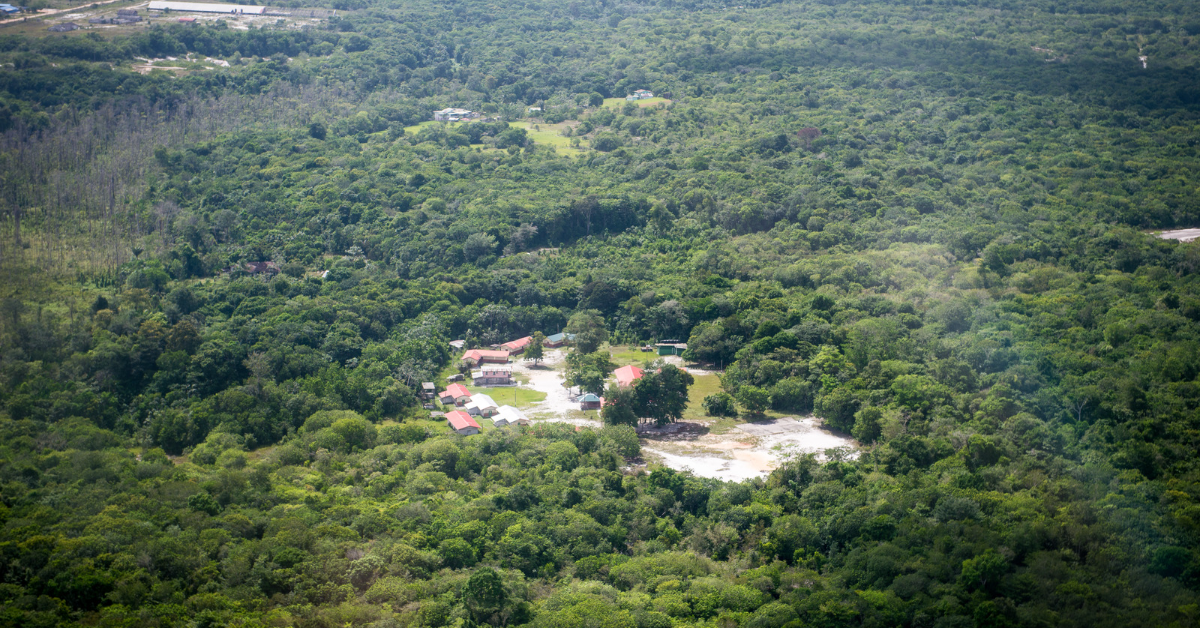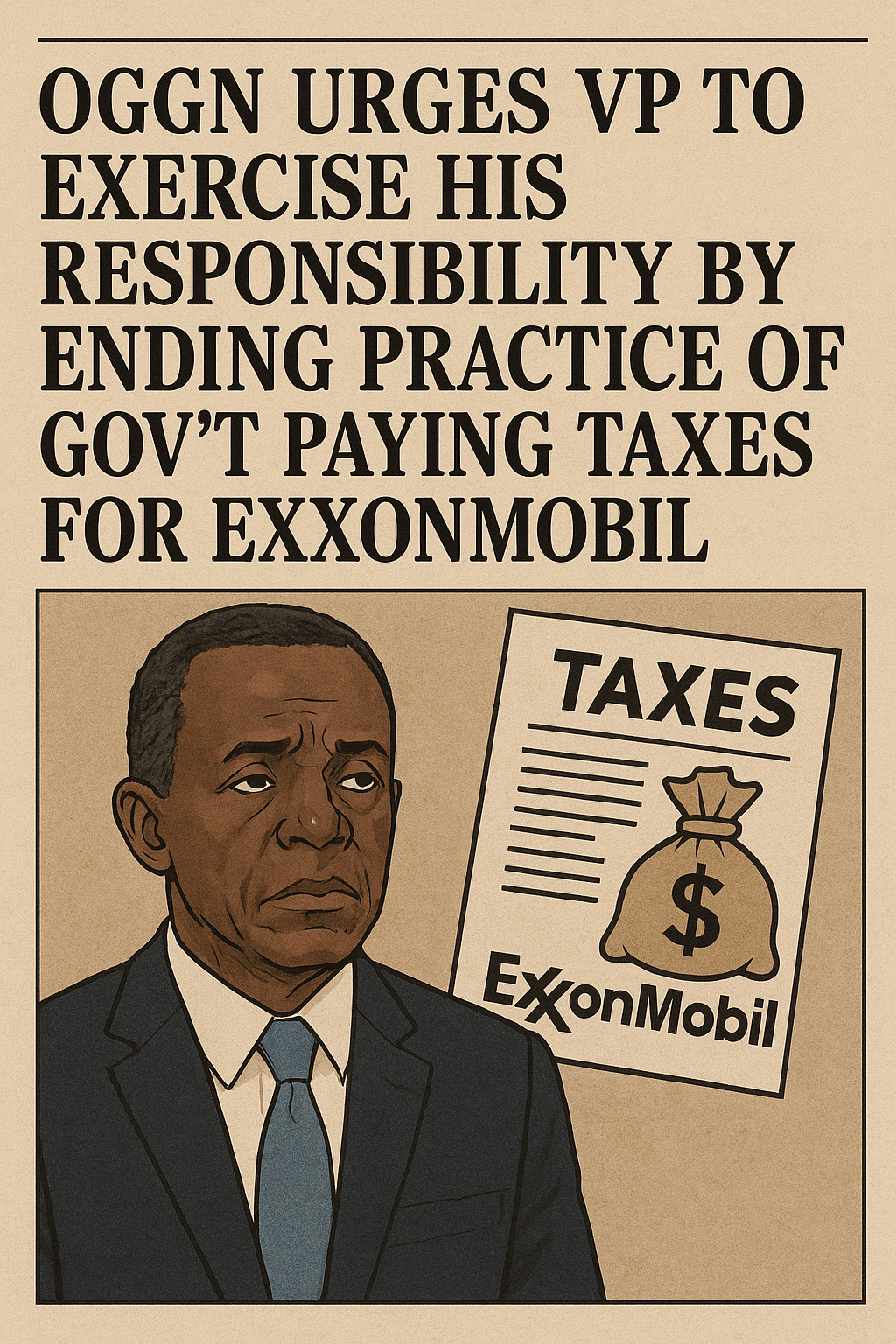Dear Editor,
Reference is made to Mr. Joel Bhagwandin’s letter entitled `The sale of carbon credits to offset carbon emissions does not breach the Amerindian Act’ (see Stabroek News, July 4, 2023). The author is colossally missing a key point of the carbon credit trade business and he is falling short of understanding the arguments made by Dr. Janette Bulkan in her exquisite letter to Stabroek News published July 3, 2023.
Importantly, if one is selling carbon credits, one is in turn committing oneself not to touch a defined area of forests. These forests are supposed to remain intact to absorb a specified amount of CO2 units from the atmosphere within the agreed timeframe. Therefore, these forests cannot be logged for wood, cleared for agricultural purposes or cut down to gain land for settlements, roads or other type of infrastructure. Hence, the Government of Guyana is selling a valuable asset, here the ability of trees on indigenous lands to absorb CO2 and offset carbon emissions elsewhere. This tangible resource is not a property owned by the Government of Guyana, if it happens to occupy indigenous lands.
Specifically, the Government is violating the Amerindian Act, where Village councils have the right:
A. to manage and regulate the use and occupation of Village lands (Section 13e);
B. to manage, use, preserve, protect and conserve Village lands and resources (Section 14i);
C. to develop and regulate agriculture (Section 14iii)
D. to construct and maintain roads, bridges, ditches, fences and other local works (Section 14iv)
Finally, Section 14(2) states “Any attempt to dispose any right, title, or interest in Village lands, except as provided in this Act, is void.” Given these specific provisions of the Amerindian Act, I believe that Dr. Bulkan has a strong case in calling out the illegality of the carbon credit deal that the Government has struck with Hess Corporation earlier this year.
If I were John Hess, CEO of Hess Corporation, I would seriously consider renegotiating a legal deal that does not violate the rights of the indigenous village councils. Failure to do so will have a negative impact on the Environmental, Social, and Governance (ESG) rating of Hess Corporation and the company’s ability to raise funds on the international capital markets.
All this could have been avoided, if the Government of Guyana would have faithfully followed the laws of the land and, if she had engaged in due process and consulted with the indigenous village councils from prior to beginning negotiations with Hess Corporation. Once again, the top-down approach of the Ali administration to governing Guyana has failed spectacularly. One has to sincerely hope that the indigenous village councils will not hesitate to fight for their rights in court.
Sincerely,
Andre Brandli, PhD
Professor LMU Munich











